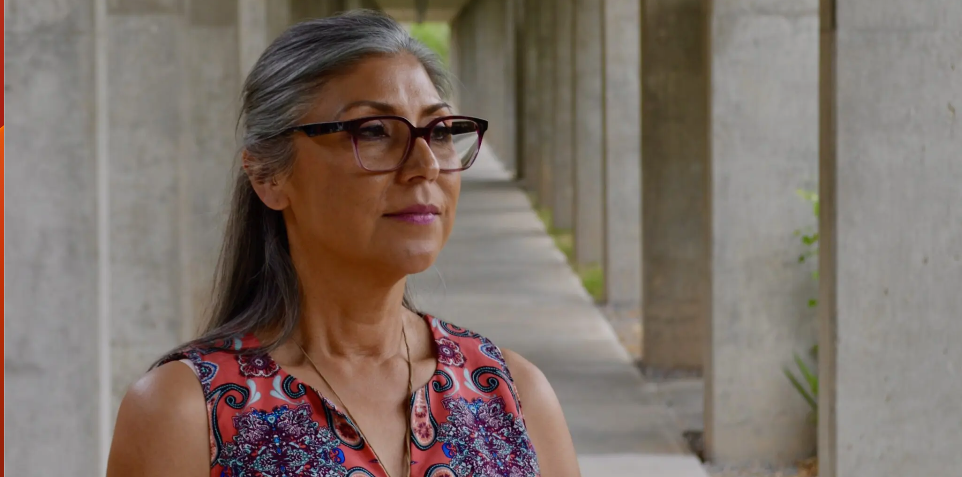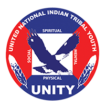
Bolts – Click here for full article – By August 28, 2024
Ongoing negotiations between tribal leaders and Colorado officials may chart a new path for automatically registering Native voters and growing voter rolls nationwide. But first the state is having to confront a legacy of mistrust.
Lorelei Cloud was born in 1967, three years before Native Americans living on tribal lands in Colorado were guaranteed the right to vote. Even once she turned 18, and for many years thereafter, she did not vote. Her polling place was in Durango, miles from the Southern Ute Indian Tribe Reservation, where she lived, and she had no car with which to access registration services or to cast a ballot. Politicians seldom visited her area, and hardly seemed to represent her interests, anyway.
Cloud is now vice chair of the Southern Ute tribal council, and from the tribe’s headquarters early this summer, she reflected on how much has changed. Since 2019, when Democrats gained a legislative trifecta in the state, Colorado has established a polling place on the reservation and placed a drop box there for mail ballots. The state has also hired special liaisons to promote and facilitate turnout among Native voters. “I don’t want future generations to have to deal with any of what we’ve had to, to get to vote,” Cloud told me. “We should have access to the vote, to shape our own region, our own country.”
Colorado officials are now proposing to go further. In 2023, the state adopted legislation to try something that’s never been done in this country: automatically register tribal members to vote in U.S. elections.
The program, if implemented, would enable tribes to share their membership lists with Colorado elections officials, who’d then use that information to register every eligible person to vote, while giving them a chance to opt out. Since Colorado already mails ballots to every registered voter, this would necessarily mean getting ballots into the hands of more Native people. “We’ve made real steps forward, and we’re going to continue,” Colorado Secretary of State Jena Griswold told me recently. “We always try to push the envelope.”
Cloud, like Griswold, sees immense promise in this plan. When she testified in favor of the law last year, she said Colorado “serves as a model for other states to increase voting among tribal members.” And advocates living in those other states are watching. Several told me Colorado’s reform could be transformative if it spreads nationwide: Roughly one third of the more than six million Native Americans who are eligible to vote across the country are not registered, a share far greater than that of white Americans who are unregistered.
And yet, Cloud is also keenly concerned that the program could make her community more vulnerable. For U.S. election officials to automatically register tribal members to vote, the tribes would need to share certain vital information about their members, such as full name, address, and date of birth. Cloud is hesitant to hand this data over to a state that has, over a long history that she knows too well, been an agent of violence.
“When tribes have given out too much information, that information has been exploited,” Cloud said, nodding to U.S. government and industry having used tribal data and maps to locate natural resources and justify land theft, among other harms. “We have to maintain trust and we have to protect tribal members and their information.”
It’s a worry that other tribal leaders and advocates for Native voting rights echoed in conversations this spring and summer. “We’ve had our lists, our populations, kept by the government before—and that hasn’t ended well for us,” Gabriella Cázares-Kelly, a member of the Tohono O’odham Nation and the top elections official in Pima County, Arizona, told me.
Anticipating that data-sharing would generate concerns, Colorado legislators wrote the law to make the program optional: Tribes can opt in, only if and when they feel comfortable with it. Griswold says she is in no rush to implement this program until tribes want it.

